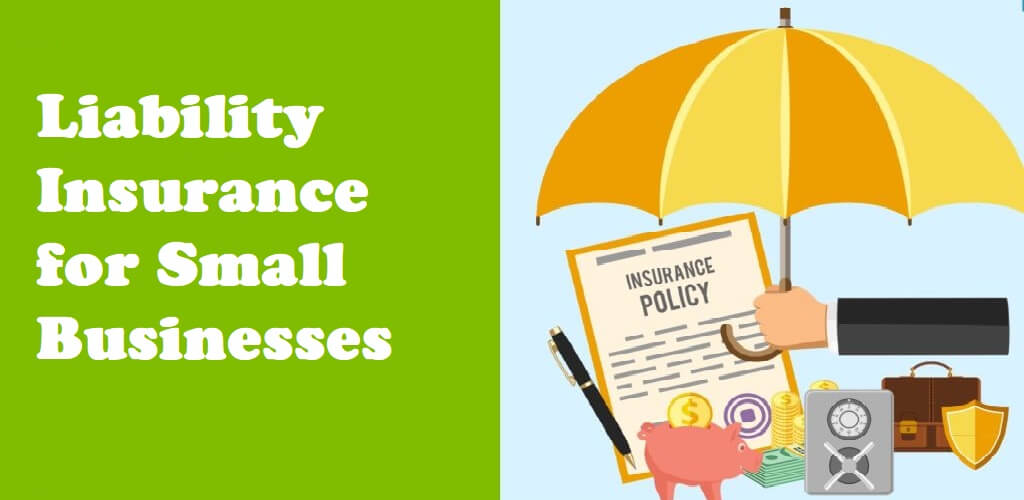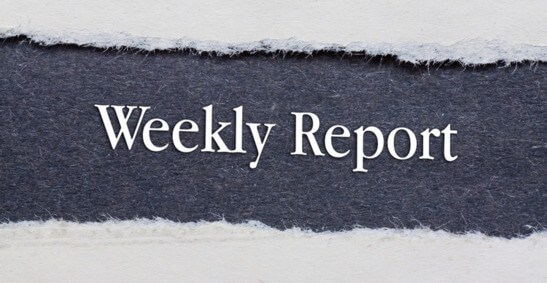Understanding the Power of a Consultation
The Concept Behind Consultative Selling
Consultative selling is a sales approach where the focus is on understanding and addressing the client’s needs rather than just pushing a product or service. This approach is rooted in the idea that a genuine consultation provides value and establishes a connection that goes beyond mere transactions. For high ticket offers, this method becomes even more crucial due to the substantial financial commitment involved.
Why Consultations Work
Consultations work because they create a dialogue between the seller and the prospect. They allow for a deep dive into the client’s pain points, goals, and challenges. This personalized approach not only builds rapport but also positions you as an expert who understands their specific needs. In high ticket sales, where the stakes are higher, prospects are more likely to invest when they feel heard and understood.
Preparing for the Consultation
Research and Preparation
Before the consultation, invest time in researching the prospect. Understand their business, industry, and any potential challenges they may face. This preparation demonstrates your commitment and increases the relevance of your consultation.
Define Objectives
Clearly outline what you want to achieve during the consultation. Are you aiming to uncover specific needs, present a tailored solution, or establish a long-term relationship? Having clear objectives will help guide the conversation and ensure that you stay focused.
Develop a Structured Agenda
A structured agenda helps keep the consultation organized and efficient. Outline the key topics you plan to cover, such as discussing the prospect’s needs, presenting potential solutions, and addressing any questions or concerns. Share this agenda with the prospect beforehand to set expectations.
Conducting the Consultation
Build Rapport and Trust
Start the consultation by building rapport with the prospect. Engage in small talk, express genuine interest in their business, and highlight any commonalities. Building trust is essential for creating a comfortable environment where the prospect feels open to discussing their needs.
Ask Insightful Questions
- https://encrypted-tbn0.gstatic.com/images?q=tbn:ANd9GcRUhqOtT0OR26a6KICwgl_M8q4SP9HiWulqpQ&shttps://encrypted-tbn0.gstatic.com/images?q=tbn:ANd9GcRUhqOtT0OR26a6KICwgl_M8q4SP9HiWulqpQ&s
- “Can you describe the biggest challenges your company is currently facing?”
- “What are your primary goals for the next 6-12 months?”
Actively Listen
Active listening is crucial during the consultation. Pay close attention to the prospect’s responses, and show empathy and understanding. Reflect on what they say and ask follow-up questions to dive deeper into their concerns.
Present Tailored Solutions
Based on the information gathered, present solutions that are tailored to the prospect’s specific needs. Highlight how your high ticket offer can address their challenges and help them achieve their goals. Use case studies or testimonials to demonstrate the effectiveness of your solution.
Address Objections
Be prepared to handle objections. Address any concerns or reservations the prospect may have by providing clear, well-thought-out responses. Use the information gathered during the consultation to offer reassurance and clarify how your solution meets their needs.
Establish Next Steps
At the end of the consultation, outline the next steps. This may include scheduling a follow-up meeting, sending a proposal, or providing additional information. Ensure that the prospect understands what actions will be taken and how they can move forward.
Maximizing the Impact of Consultations
Follow Up Promptly
After the consultation, follow up promptly with a summary of the discussion, any additional information requested, and the proposed next steps. This reinforces your commitment and keeps the momentum going.
Personalize Communication
Personalize your follow-up communication based on the insights gained during the consultation. Reference specific points discussed and reiterate how your solution addresses their unique needs. This shows that you have listened and are genuinely interested in providing value.
Build a Relationship
High ticket sales often involve a longer sales cycle, and building a relationship is key. Continue to engage with the prospect through valuable content, check-ins, and updates. Nurturing the relationship can help maintain their interest and increase the likelihood of closing the deal.
Utilize Feedback
Use feedback from consultations to refine your approach. Analyze what worked well and identify areas for improvement. Continuously improving your consultation process will enhance your effectiveness in closing high ticket offers.
Case Studies: Success Stories Using the Power of a Consultation
Example 1: A Digital Marketing Agency
A digital marketing agency specializing in high-end SEO services used the consultation principle to close a major client. They started by researching the prospect’s industry and identified specific challenges the company was facing with their online presence. During the consultation, the agency’s team asked insightful questions about the client’s goals and pain points. They presented a tailored SEO strategy that addressed the client’s needs and demonstrated how their services could deliver measurable results. The personalized approach and clear understanding of the client’s challenges led to a successful closing of the deal.
Example 2: A Business Coaching Firm
A business coaching firm specializing in executive coaching used consultations to secure high-ticket coaching packages. They conducted thorough research on potential clients, understanding their business goals and leadership challenges. During the consultation, they focused on building rapport and asking questions about the client’s vision for their leadership development. By presenting a customized coaching program aligned with the client’s specific needs and providing testimonials from other executives, they successfully closed multiple high-ticket coaching engagements.
The power of a consultation lies in its ability to create a personalized, value-driven interaction that addresses the specific needs and goals of the prospect. By preparing thoroughly, conducting the consultation with empathy and expertise, and following up effectively, you can leverage this principle to close high ticket offers successfully. Consultative selling not only helps in closing deals but also builds long-term relationships that can lead to future opportunities and referrals. Embrace the power of a consultation to elevate your sales strategy and achieve greater success with high ticket offers.
Frequently Asked Questions (FAQ) on Using the Power of a Consultation to Close High Ticket Offers
1. What is the "power of a consultation" principle?
The "power of a consultation" principle refers to using personalized, value-driven interactions to understand a prospect's needs and provide tailored solutions. This approach focuses on building trust, uncovering specific challenges and goals, and presenting customized offers that align with the prospect’s unique situation.
2. How does a consultation help in closing high ticket offers?
A consultation helps in closing high ticket offers by creating a personalized dialogue between the seller and the prospect. It allows you to understand the prospect's pain points and goals, demonstrate your expertise, and present tailored solutions. This personalized approach builds trust and rapport, making the prospect more likely to invest in a high ticket offer.
3. What should I do before the consultation?
Before the consultation, you should:
- Research the prospect's business, industry, and potential challenges.
- Define clear objectives for the consultation.
- Develop a structured agenda to guide the conversation.
4. What are some effective questions to ask during a consultation?
Effective questions to ask during a consultation include:
- “Can you describe the biggest challenges your company is currently facing?”
- “What are your primary goals for the next 6-12 months?”
- “How do you envision a solution helping you achieve these goals?”
5. How can I build rapport with the prospect during the consultation?
To build rapport, start with small talk, express genuine interest in the prospect’s business, and find common ground. Show empathy and understanding, and be attentive to their responses. Building a personal connection helps create a comfortable environment for open discussion.
6. How do I present a tailored solution during the consultation?
Present a tailored solution by:
- Summarizing the prospect’s needs and challenges based on the information gathered.
- Highlighting how your high ticket offer specifically addresses these needs.
- Using case studies or testimonials to demonstrate the effectiveness of your solution.
7. What if the prospect raises objections during the consultation?
Handle objections by:
- Listening carefully to the prospect’s concerns.
- Providing clear, well-thought-out responses that address their reservations.
- Reassuring them with relevant information or examples that illustrate how your solution meets their needs.
8. What should I do after the consultation?
After the consultation, you should:
- Follow up promptly with a summary of the discussion and proposed next steps.
- Personalize your follow-up communication based on the insights gained.
- Continue to nurture the relationship through valuable content and check-ins.
9. How can I improve my consultation process?
To improve your consultation process:
- Analyze feedback from consultations to identify areas for improvement.
- Continuously refine your approach based on what works well.
- Stay updated with best practices and techniques in consultative selling.
10. Are there any tools or resources that can help with consultations?
Yes, tools and resources that can help include:
- CRM systems to manage prospect information and track interactions.
- Scheduling tools to arrange consultations efficiently.
- Templates for follow-up emails and proposals to streamline communication.
Get in Touch
Website – https://www.webinfomatrix.com
Mobile - +91 9212306116
Whatsapp – https://call.whatsapp.com/voice/9rqVJyqSNMhpdFkKPZGYKj
Skype – shalabh.mishra
Telegram – shalabhmishra
Email - info@webinfomatrix.com









 English (US) ·
English (US) ·